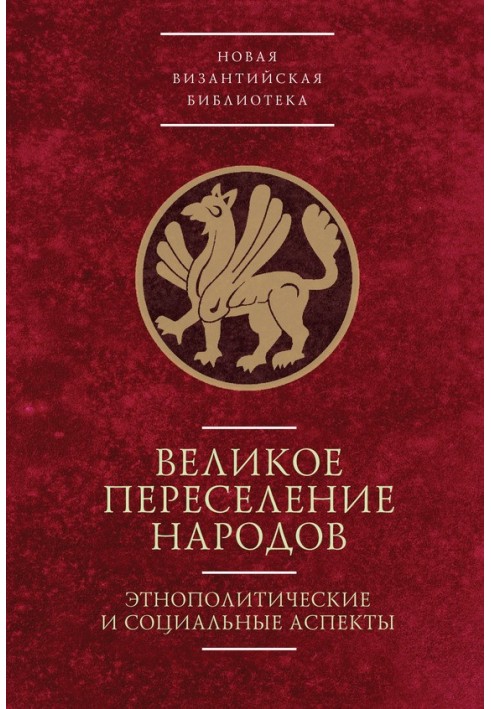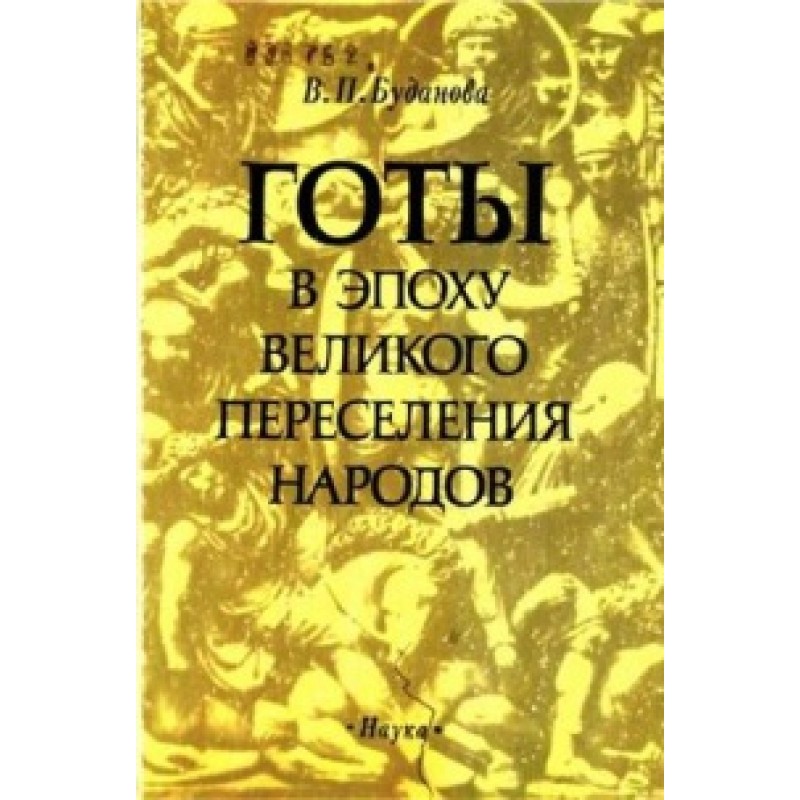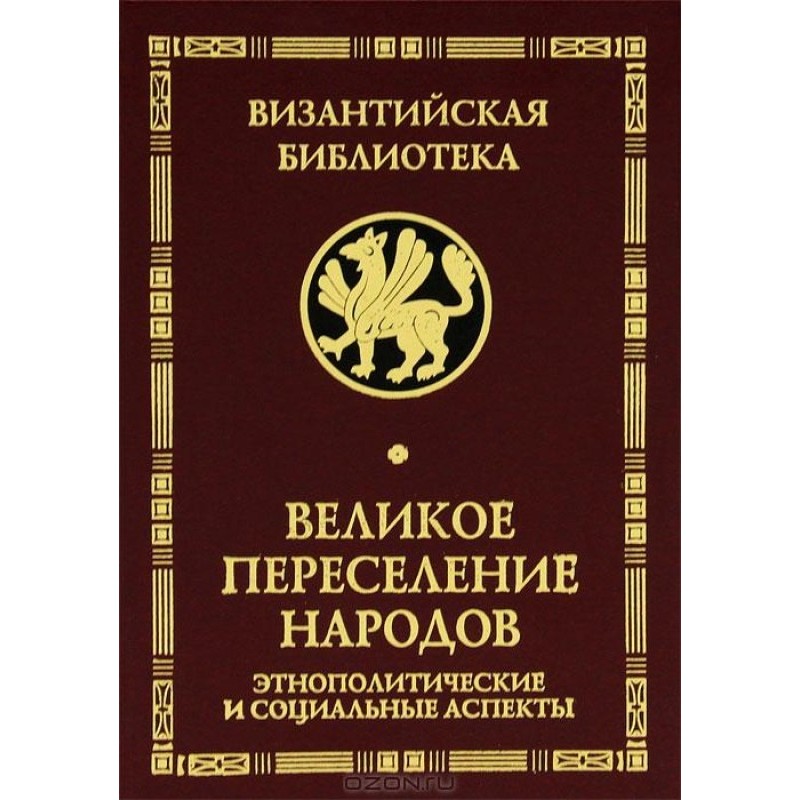The Great Migration of Peoples: Ethnopolitical and Social Aspects
 Instant download
Instant download
after payment (24/7)
 Wide range of formats
Wide range of formats
(for all gadgets)
 Full book
Full book
(including for Apple and Android)
The book is dedicated to a unique stage in world history - the Great Migration, when, in the context of the extinction of Ancient civilization and the emergence of the civilization of the Middle Ages, the interaction between the barbarian world and the Roman Empire reached its most intense phase. The authors focus on the three leaders of the Great Migration - the Germans, the Huns and the Slavs, their role in the European civilizational processes of the 2nd-7th centuries, their transformation during migrations from tribal unions to the first state formations, the evolution of military, trade, diplomatic, cultural contacts, constituting the essence of the interaction and mutual influence of two polar worlds - Barbaricum and Empire. The book is addressed not only to historians, archaeologists, ethnologists, linguists, but also to all readers interested in the history of Europe at the turn of Antiquity and the Middle Ages.
Data sheet
- Name of the Author
- Антон Горский Анатольевич
Вера Буданова Павловна
Ирина Ермолова Евгеньевна - Language
- Ukrainian
- Release date
- 2017
Reviews
Вражаюче дослідження історії!
Книга "Велике переселення народів: етнополітичні та соціальні аспекти" є справжнім скарбом для всіх, хто цікавиться історією та культурними змінами, що відбувалися в Європі в період між Античною цивілізацією та Середньовіччям. Автори майстерно аналізують складні взаємовідносини між варварами та Римською імперією, що дозволяє читачеві глибше зрозуміти причини та наслідки цього унікального етапу. Особливо вражає детальне дослідження ролі германців, гунів та слов'ян, які стали ключовими фігурами у формуванні європейських цивілізацій. Хоча текст перекладено з використанням штучного інтелекту, і в деяких місцях зустрічаються незначні помилки, загальна якість перекладу не заважає сприйняттю змісту. Ця книга стане цінним доповненням до бібліотеки кожного історика, студента або просто зацікавленого читача, який прагне розширити свої знання про складні процеси, що формували сучасну Європу.
















